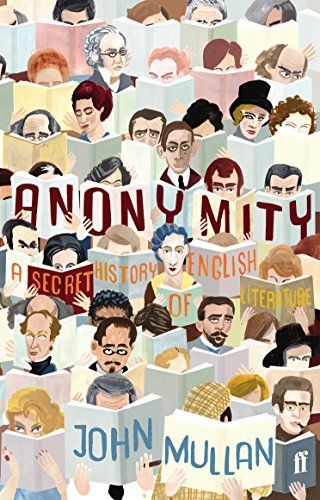
Anonymity A Secret History of English Literature
Many of the great books of English literature were first published without their authors' names upon them. But why did authors choose anonymity? And how did it excite the curiosity of their first readers? Ranging from the sixteenth century to the present day, Anonymity looks at the ways in which the disguises of writers such as Jane Austen and Charlotte Brontë were first used to tease readers (and bamboozle critics). It is a gripping and fascinating fast-paced tour of many of the greatest works in English, and will enrich and reward all who love to read.
Reviews
Sarah Sammis@pussreboots